Students, staff and the general public filled the Saville Theater Sept. 4 to listen as Kali Love, a certified teacher at the Chopra Center in Carlsbad, speak about how to stop what she calls the “hamster wheel of life” with becoming self-aware and the power of making conscious choices.
“This is where we really get to taste what is means to be free,” Love said. “I choose to wake up and be happy, regardless of my circumstances.”
Love didn’t always carry this positive attitude. While working on her bachelor’s degree in education, she faced difficult life situations including depression and health concerns. In her junior year, she enrolled in a class where she was introduced to meditation, yoga and holistic health, according to Love in an interview before the lecture.
“My world opened to all these ancient teachings and it made a big impact… for the first time, I experienced this mark of hope,” Love said, “…and just a new way of being. It changed the direction of my career.”
After graduation, Love said she studied at a holistic school and for the next 20 years devoted herself to the pursuit of self-discovery.
“Now I get to still teach, but teach something I’m really passionate about,” Love said.
During the lecture, Love asked the audience what influences their life choices. Responses included the media, peers, material needs and wants, fear, money, society, parents, religion and culture.
“At first, we make our choices with awareness, but over time they become habitual and unconscious,” Love said.
She illustrated a circle with three points: action, memory —or sensory experience— and desire.
“Desire leads back to action,” Love said. “This cycle becomes automatic…” With Love describing the cycle as “living life in default mode.”
“Struggling against the moment, doesn’t change the moment,” Love said.
She recommends detaching from the outcome, becoming an observer to the pattern and practicing non-judgment.
“Being present in your awareness… allows you to be responsive versus reactive,” Love said, “…and to take initiative in conscious choices.”
Brenda Marquez, a psychology major and audience member, said that the lecture was empowering.
“I thought it would be more religious. It surprised me because I’ll be able to use this in my life …” Marquez said. “…I think it will help with everything, life goals, education, family, friends and myself, most of all.”
Toward the end of her lecture, Love guided the audience through a mindfulness meditation.
“It is important to take time to calm down, to keep clear in the mind, to think better and perform better. It’s good for our health and enjoying our existence,” said business major Luis Romero.
Love also spoke of the value of creating a support network. She said that the students at City have “…the benefit of being in a community that’s already in place.”
Love encouraged the audience to create meditation or mindfulness study groups on campus.
“Really lasting change requires on-going commitment and participation,” Love said.
Professor and Co-Director of the World Cultures Program Karen Lim said the Mindfulness event was successful, with more than 240 people in attendance.
“I think students are hungry to find coping mechanisms to deal with their stress, whether it is through play, exercise or meditation,” Lim said in a response by email.
Lim confirmed that it was also the first time that the World Cultures Program included a hands-on experiential component after the lecture.
“I wanted to make it fun and interactive… to provide the world cultural viewpoint of what mindfulness can be,” Lim added.
Additional activities included rotations in yoga, hula hooping and traditional holistic healing.
“Those who could stay and participate… benefited the most,” Lim said about the activities after Love’s lecture.

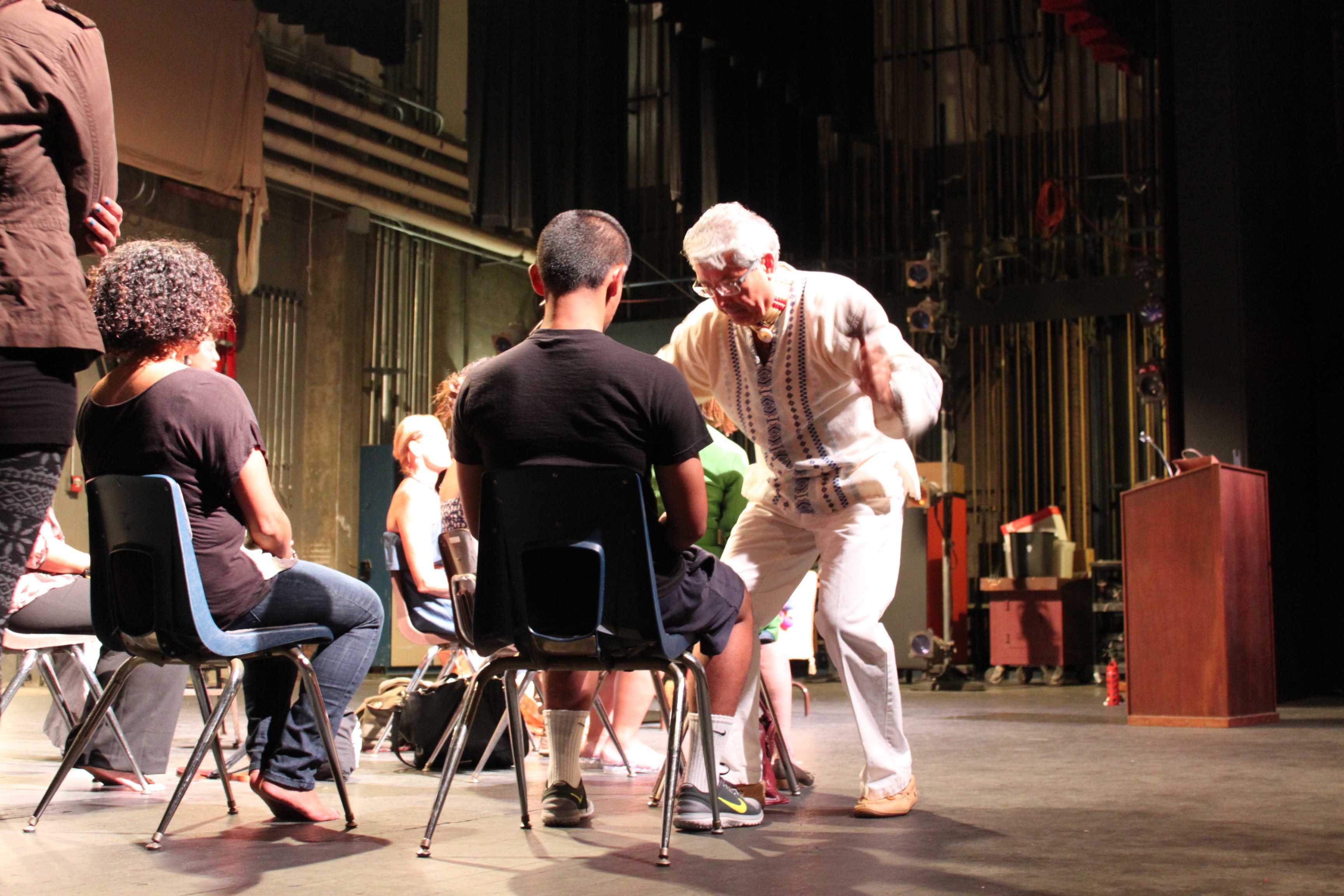
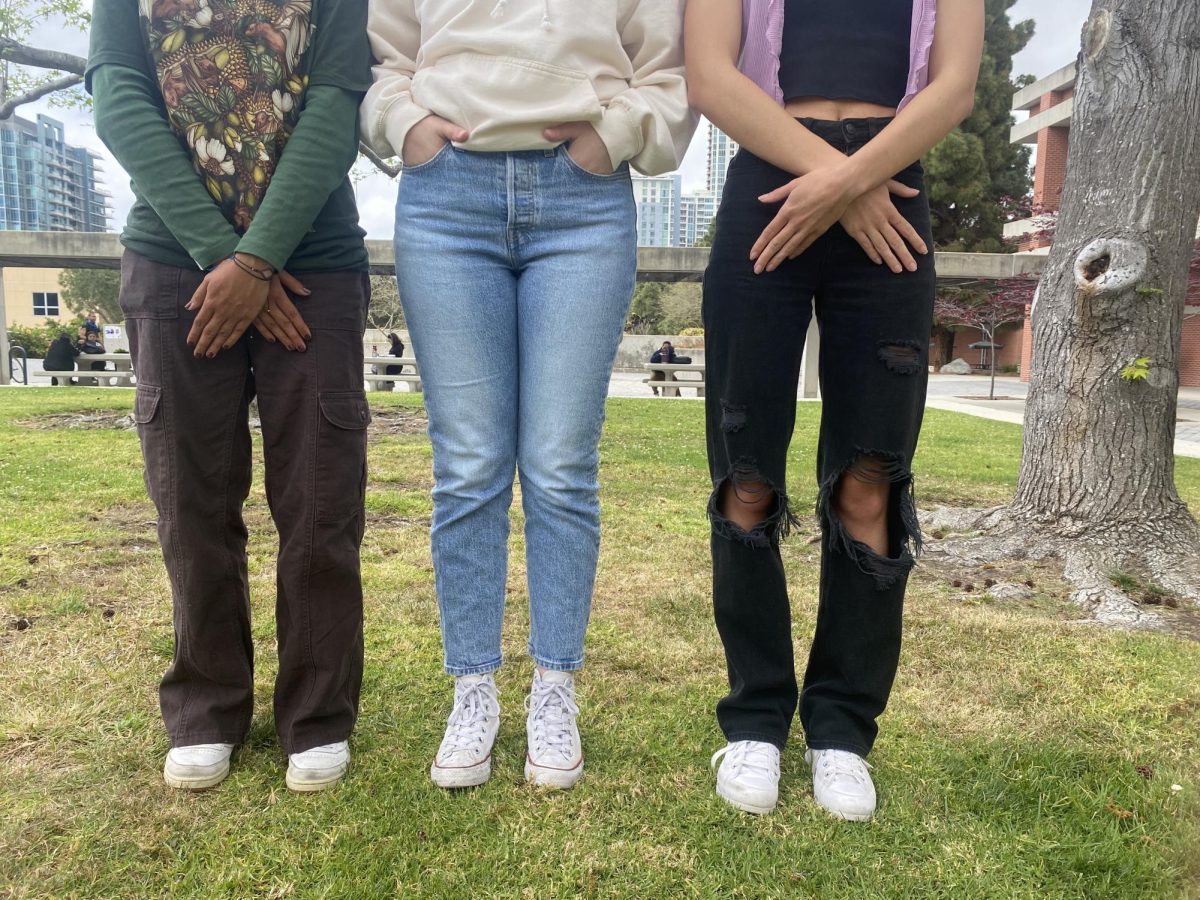
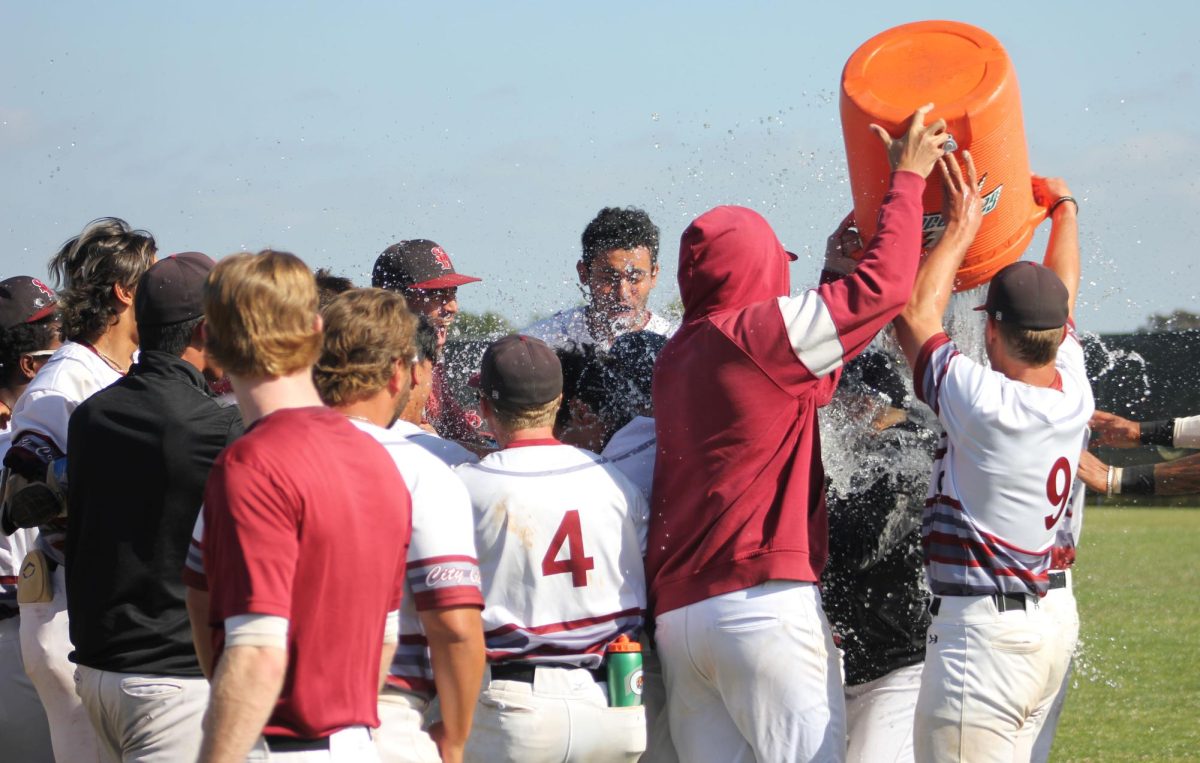
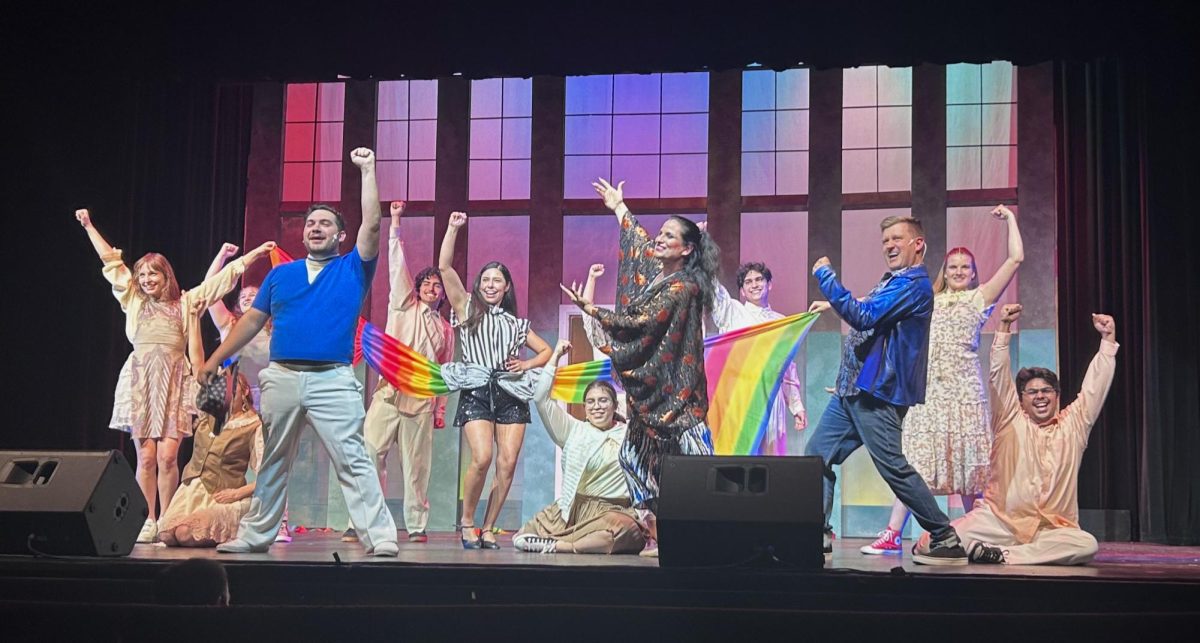
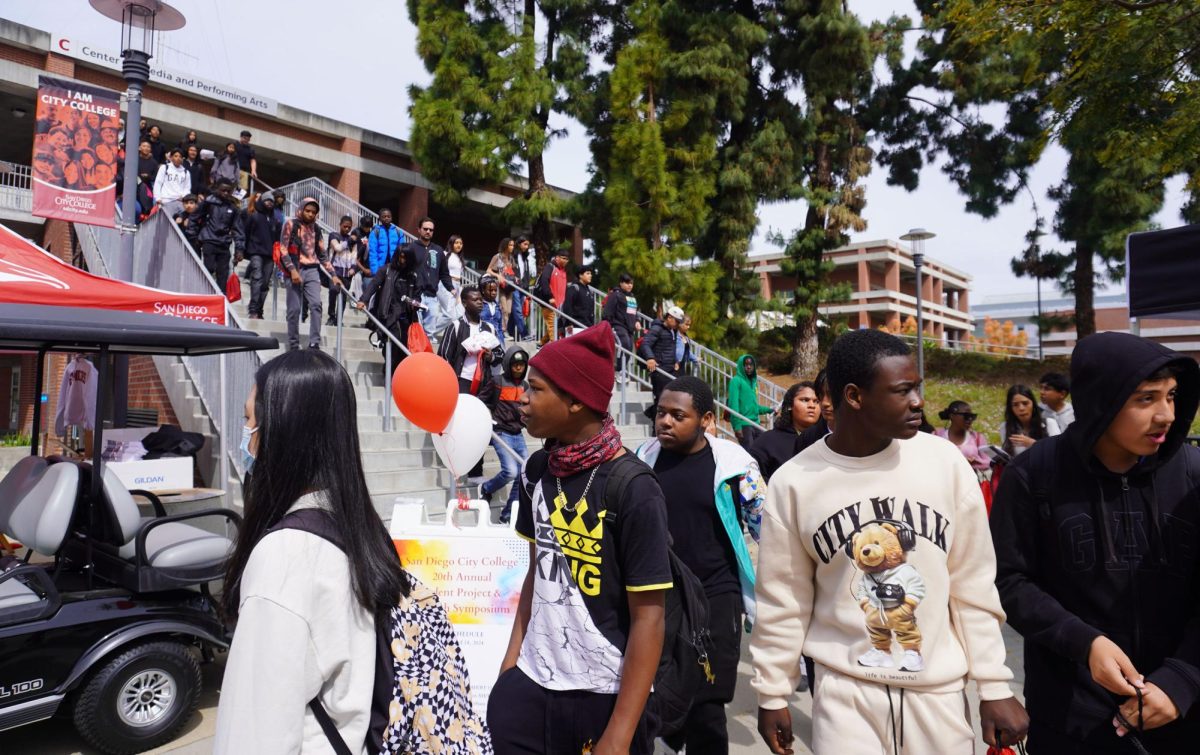

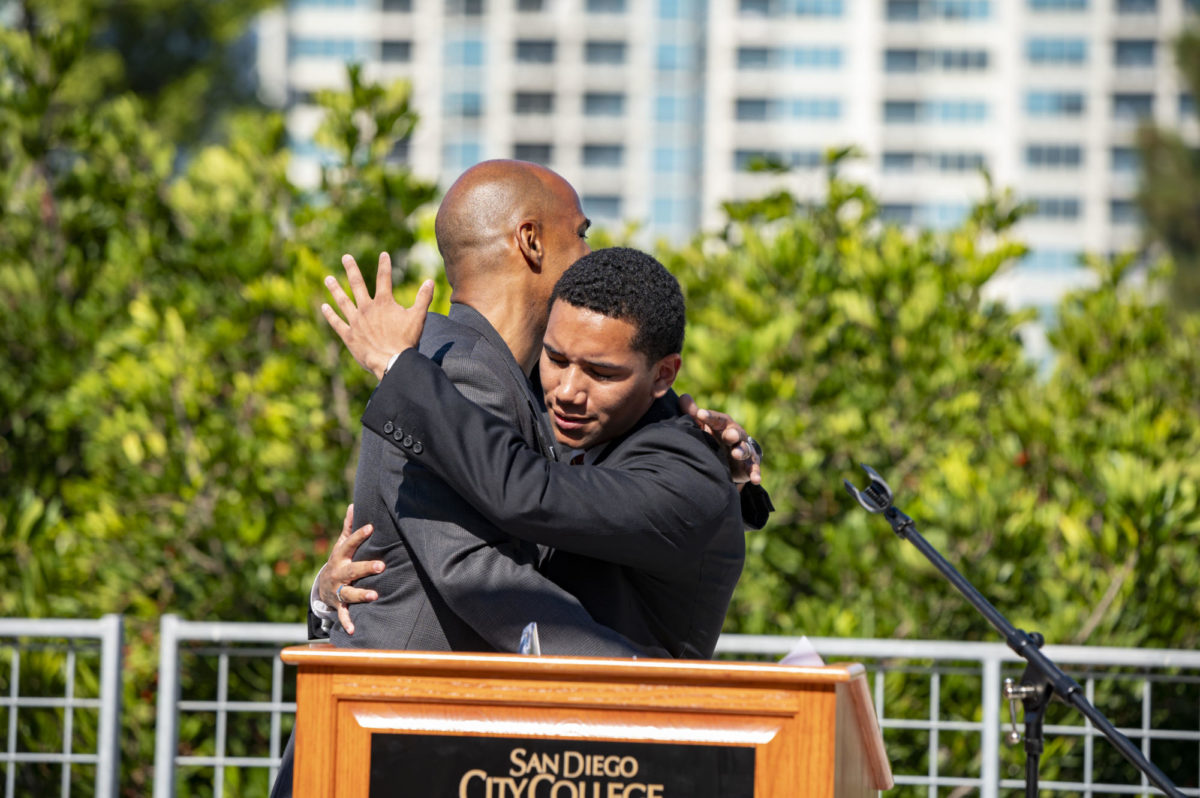
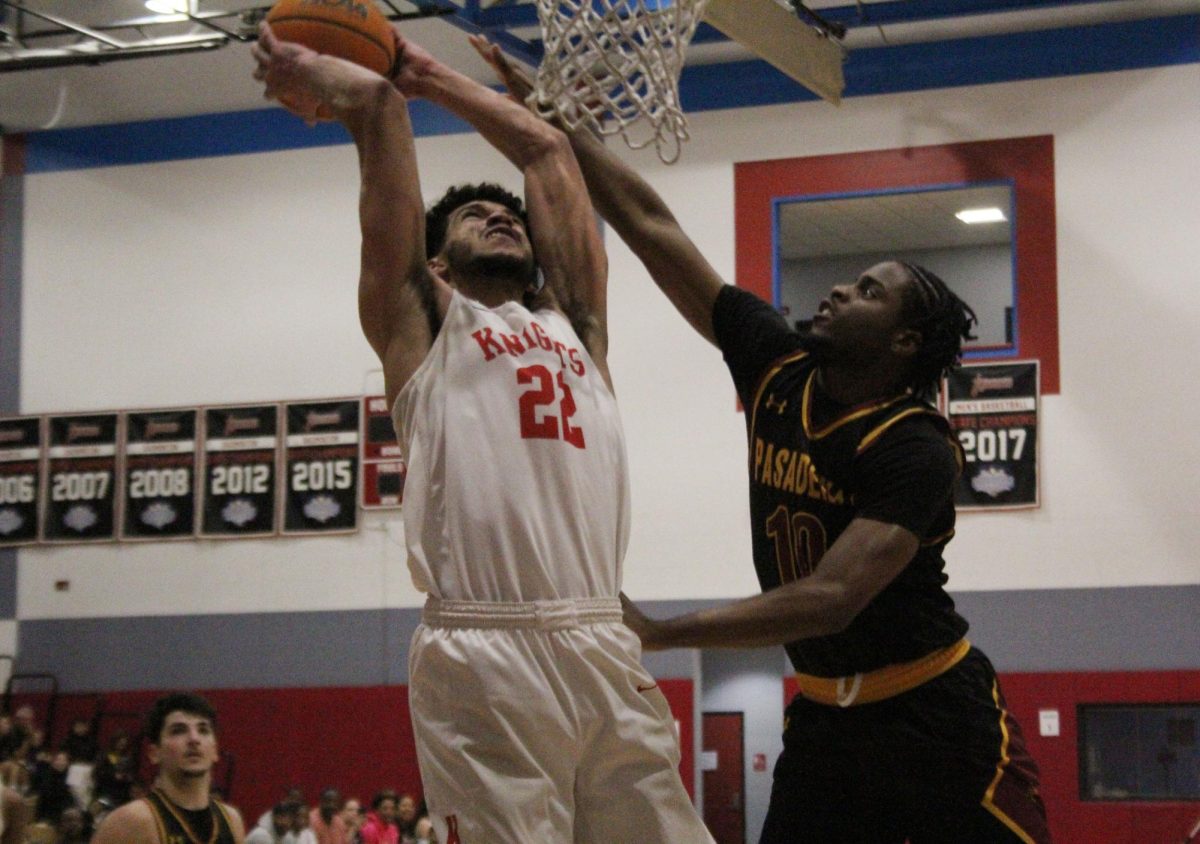
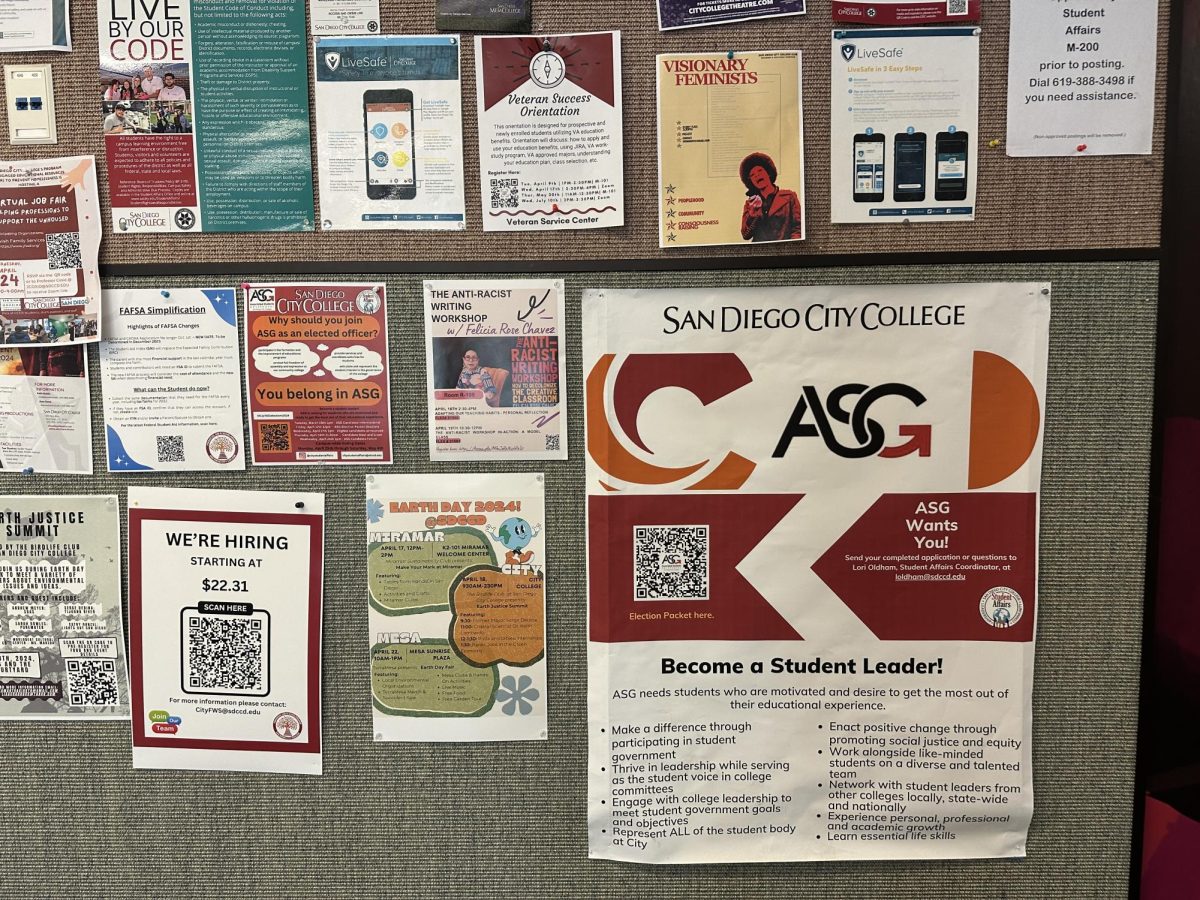
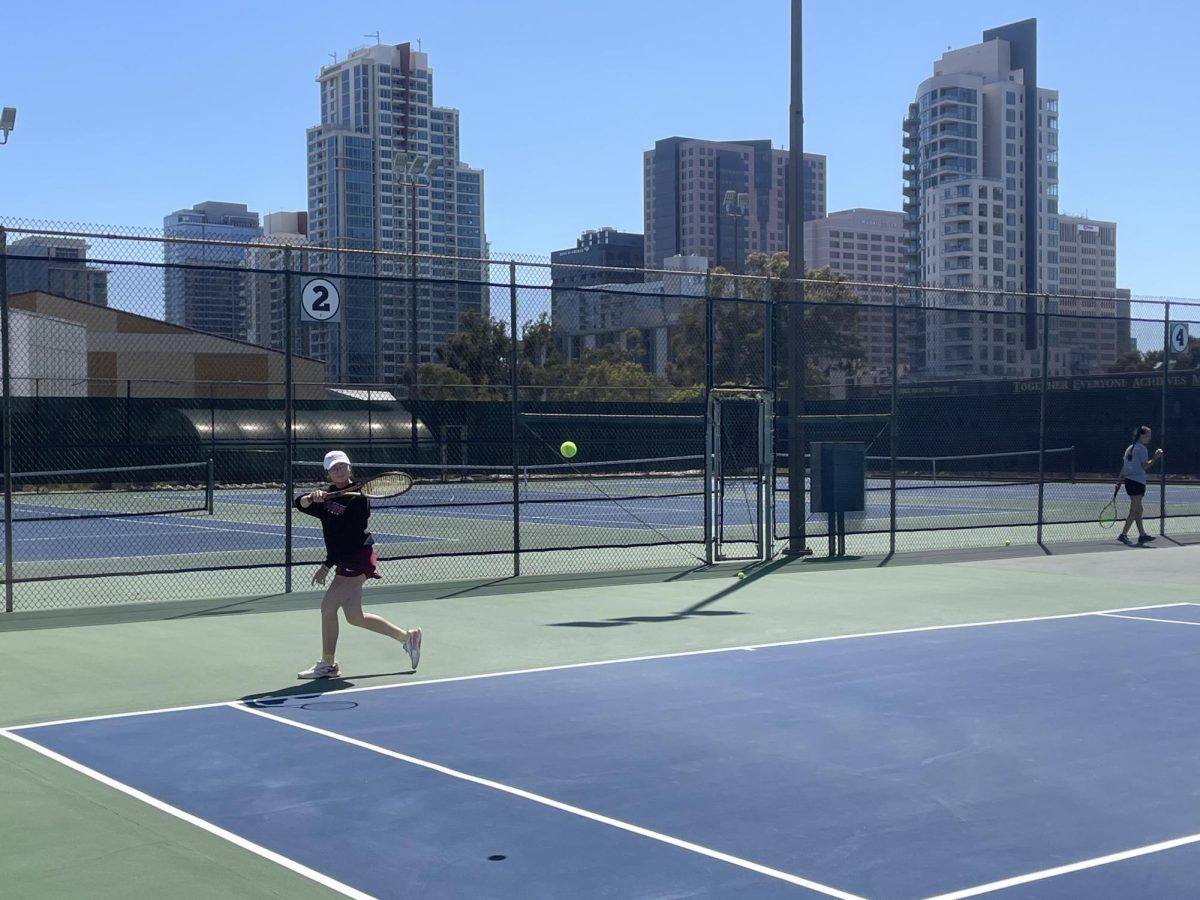
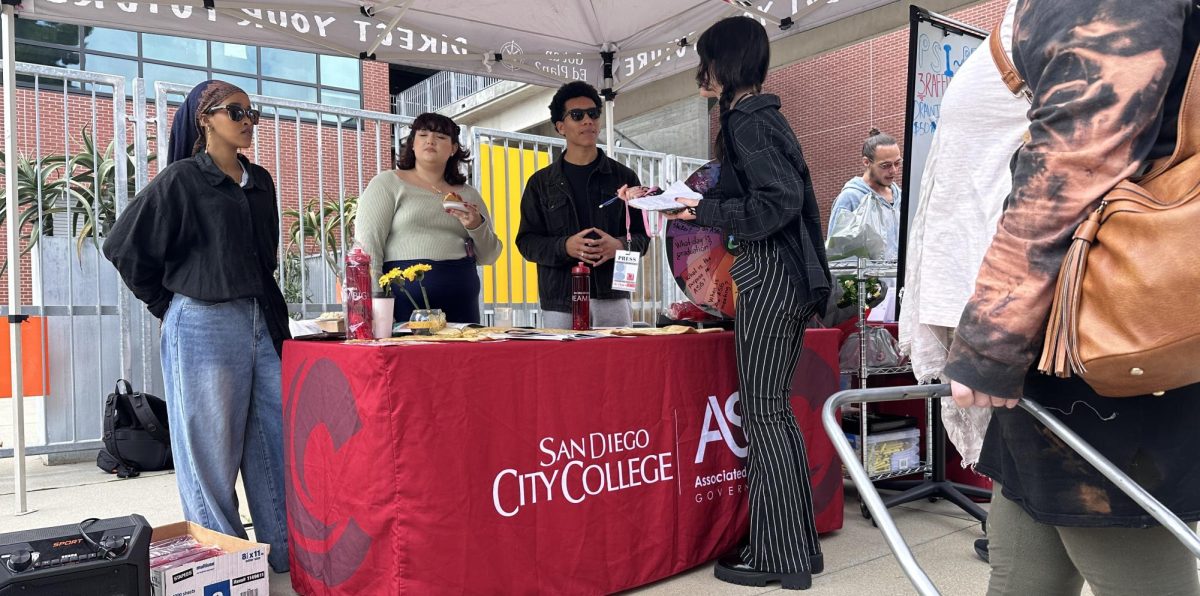
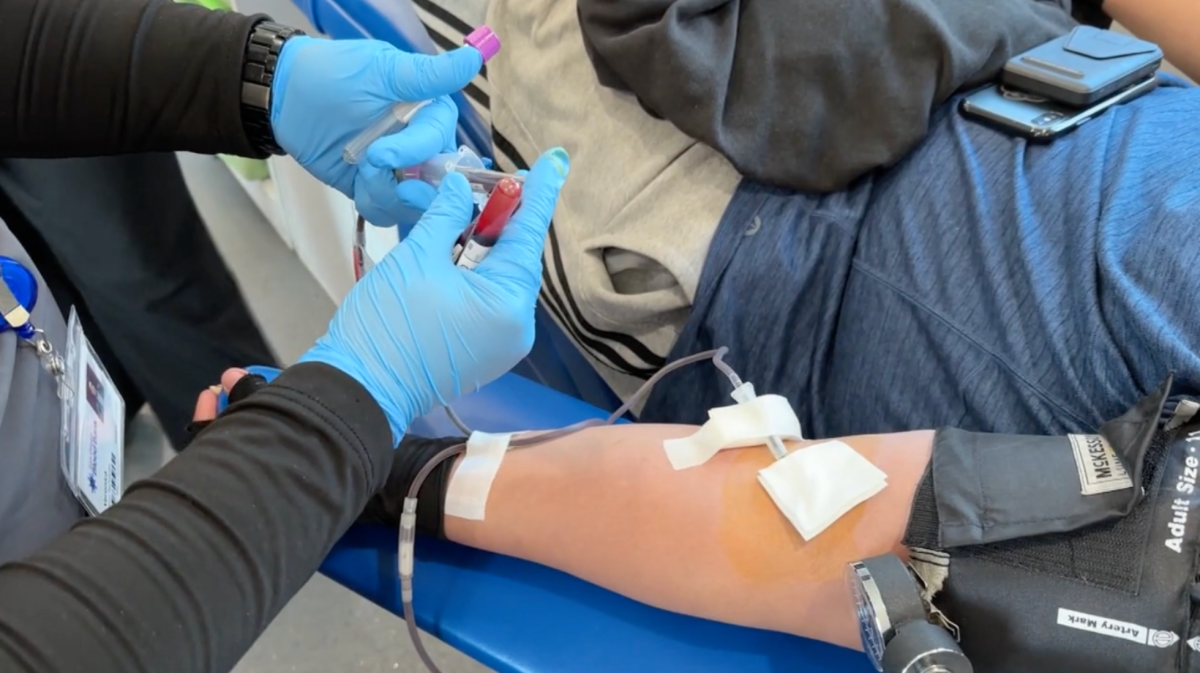
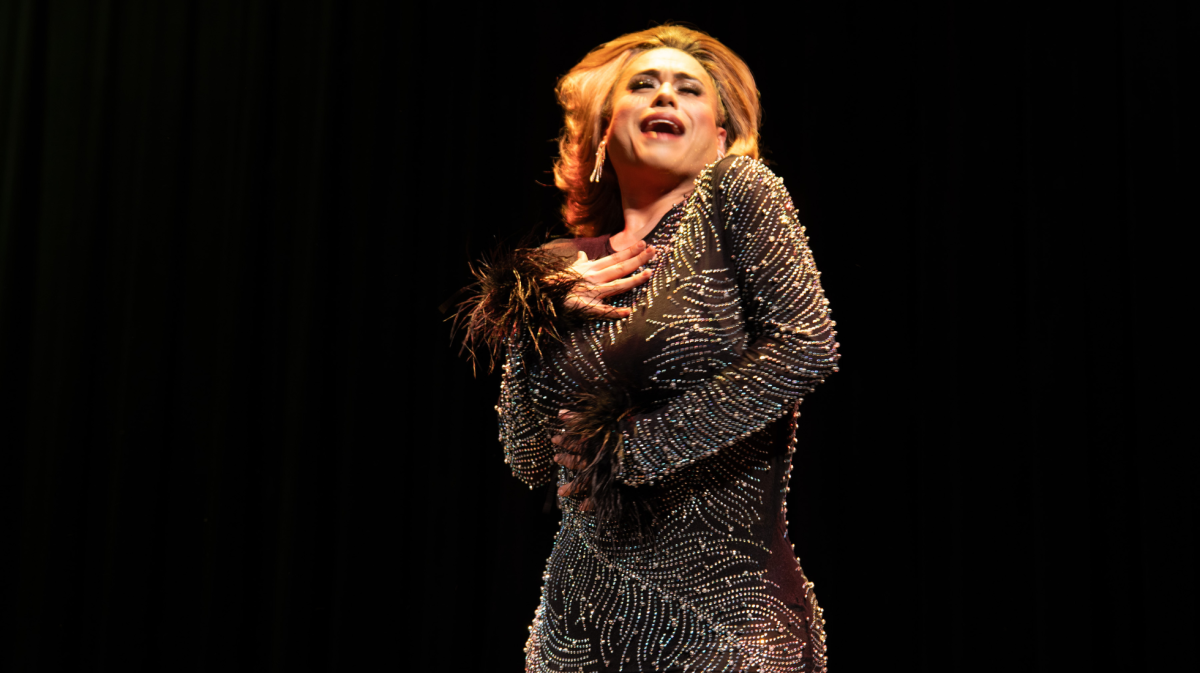

Bald Hamster • Oct 14, 2014 at 7:19 pm
The Hamster Wheel of Life spins out of control when SDCC teachers make faces and snarl at poor, young student’s APS score. But this town is better than Sacramento, where they actually delete ACT scores, which are used instead of APS.
APS is harder, which makes the teachers make faces at it more!